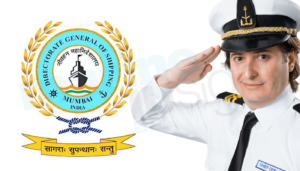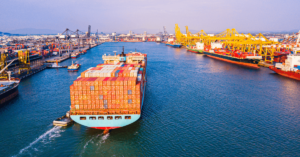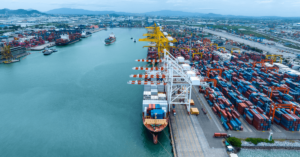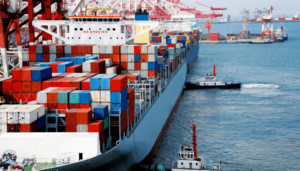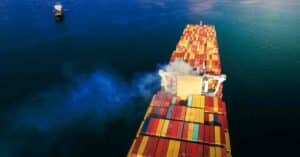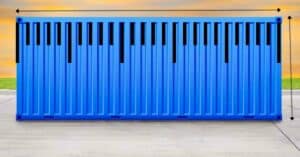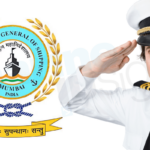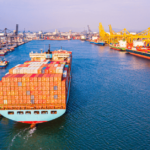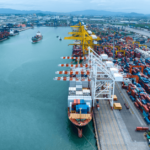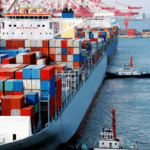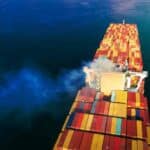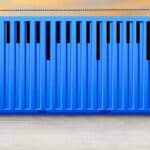Top 10 Classification Societies In The World
Ship Classification Societies set the technical and operational standards for different kinds of ships, carriers and offshore structures concerning their design, construction, surveying and testing, after which the vessels are given a class certificate.
They are of immense importance for the maritime industry since they offer yardsticks for naval safety regulations and comparison of marine structures based on their respected and technologically advanced features, aiding in tracking the technological innovations in the maritime sector. Classification societies also help determine whether ecological and environmental considerations have been considered and reflected in the ship’s essential features.
Ship Classification is an essential requirement, as it offers information on the structure’s functions, such as the propulsion or steering systems and their reliability for facilitating maritime services on board. If a vessel is built upon the rules of classification societies, that vessel must have a class certificate. However, if ships are constructed according to the standards of the flag nation, then a certificate of a class is not a requirement.
In this article, let us look at some of the world’s biggest and most prominent classification societies.
1. DNV- Det Norske Veritas- The biggest classification society
Det Norske Veritas, earlier known as the DNV GL, is the largest classification society in the world. It was founded in 2013 after two prominent classification societies, namely the Det Norske Veritas, based in Norway and the Germanischer Lloyd, headquartered in Germany, were merged into one entity. In 2021, DNV GL shed its last name and was renamed DNV while it continued with its older organisational and functional structure. It has set specific standards for ships and offshore vessels known as class rules.
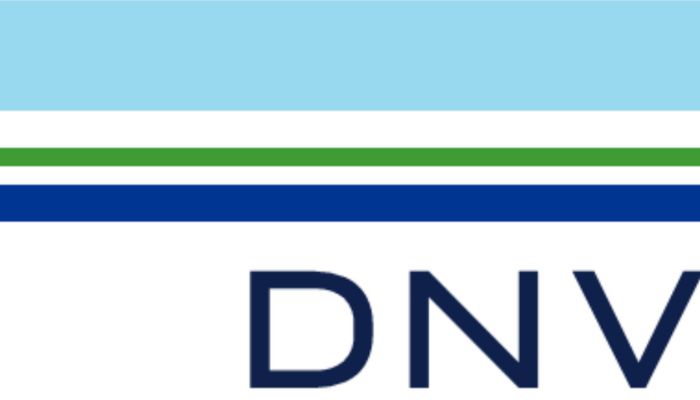
DNV functions in more than 100 nations, employing more than 13,000 people from different cultures and nationalities and has more than 350 administrative offices spread across the globe. This organisation offers various services to numerous industries apart from the maritime sector. It has a prominent presence in oil and natural gas, innovations and research developments in renewable energy systems, modern electricity solutions, and the health sector.
This classification society offers services to more than 14,000 vessels and offshore structures worth 265 million tonnes, representing 21% of the global market share. The organisation’s history can be traced to as early as 1864, when it was founded in Oslo, Norway, to check the operating conditions of Norwegian commercial ships. Since then, it has grown significantly by providing testing, class certification of vessels, offshore units, and technical services.
2. Class NK or Nippon Kaiji Kyokai
Founded in 1899, Nippon Kaiji Kyokai is a classification society in the shipping industry, also popularly known as ClassNK or just NK. It is a non-profitable and non-governmental body that aims to secure human life and property in the oceans and safeguard the well-being of the marine ecosystem.
It is headquartered in Tokyo, Japan, with numerous offices situated in big cities in Japan and across the world. According to reports, in December 2021, NK possessed 9,124 vessels amounting to more than 267 million gross tonnes underclass, representative of 20% of the global merchant ships presently categorised underclass.
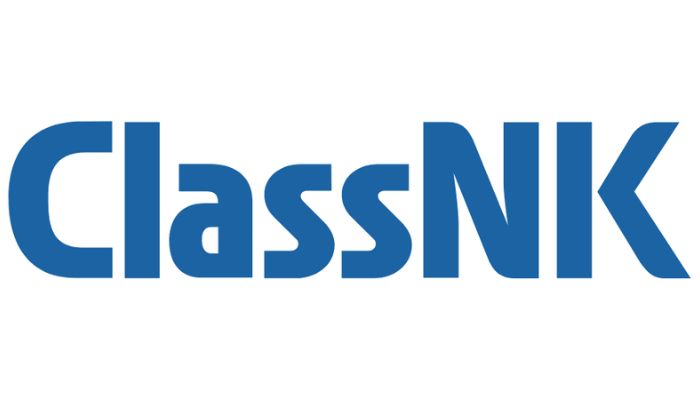
It has a global presence through an expansive network of surveying officials working in shipbuilding and repair units at all major port facilities. Hence, the societies’ services are available in all major ports. The community has around 130 administrative offices that conduct surveys to oversee compliance with society’s rules by all ships and offshore units. Structural features such as hull type, propulsion and electric functions, and nautical gear come under its regulations.
ClassNK is authorised by more than 100 nations, offers numerous services to the maritime sector, including environmental and safety systems, and undertakes technical and research programmes. It also operates in other spheres and provides services to diverse clients, including administrations, technical operations for offshore units, engineering solutions etc.
3. American Bureau of Shipping
Formed in 1862, the American Bureau Of Shipping, also called ABS in the shipping industry, is a classification society based in America. It outlines its aims to safeguard human lives and protect property and marine and coastal environments. For this purpose, society develops and sets specific standards regarding the ships’ and offshore units’ design, building and functional maintenance.
ABS lays down its technical and operational framework, known as the ‘ABS Regulations and Guidelines,’ It is based on these rules that various marine vessels and offshore structures are assessed and classed accordingly.
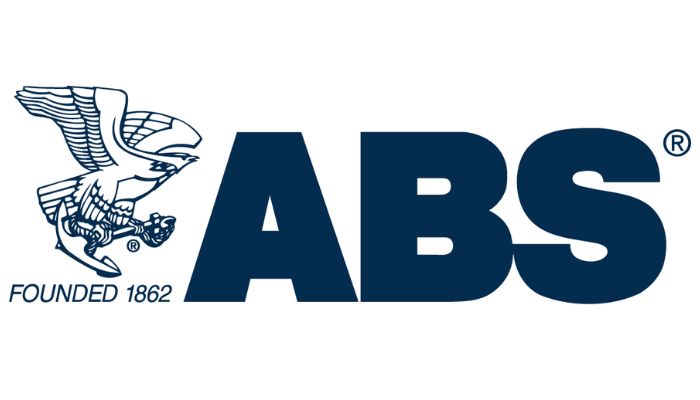
The primary business services provided by ABS include the worldwide classification of marine ships, offshore vessels and oil and gas sectors. As recorded in 2020, it emerged as the second biggest classification organisation possessing a vessel fleet of more than 12,000 ships and offshore structures operating in the commercial maritime sector.
4. Lloyd’s Register
Llyod’s Register, or LR, is a classification society that offers business and other technical services to the marine industry. It was established in 1760 and is a holding of Lloyd’s register foundation, a global and independent charity organisation based in the UK that aims to protect life and property on land, sea and air through its extensive research and innovative global technologies in spheres of science, aeronautics and engineering.
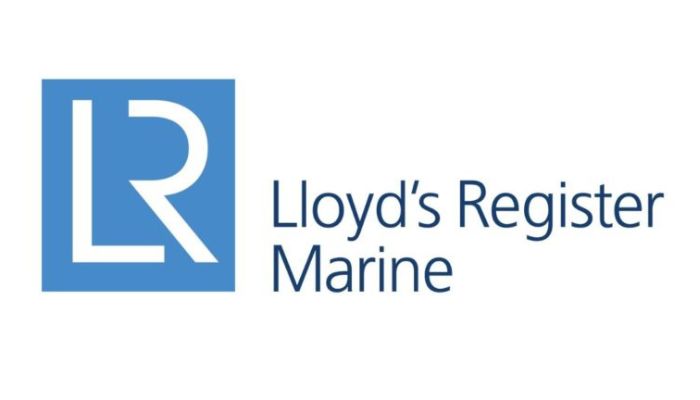
In the marine sector, the organisation aims to offer long-lasting services for managing the client’s ships and offshore structures to maximise productivity and eliminate redundancy while keeping maritime safety issues and marine environmental regulations at the forefront. Also, the organisation has a global presence through its international staff that assists client groups in identifying operational risks by conducting surveys.
It has branch offices in more than 182 nations and assists clients in building and operating their maritime assets while ensuring maximum technological competitiveness and adherence to marine safety and effectiveness through its classification criteria and operational rules.
5. Bureau Veritas
is one of the leading classification societies in the world and a founding member of the International Association of Classification Societies. It was established in 1828 in Antwerp, Belgium, to serve the maritime sector; however, it has expanded its functioning to laboratory testing, inspection and certification. Today the society is based in Paris, France.
The Society has been operational for 190 years, has 2650 marine and offshore experts and serves about 140 countries through its 550 offices. There are more than 11,500 ships in the BV-classed fleet, 180 survey stations, 19 local plan approval offices and 6 marine operation centres.
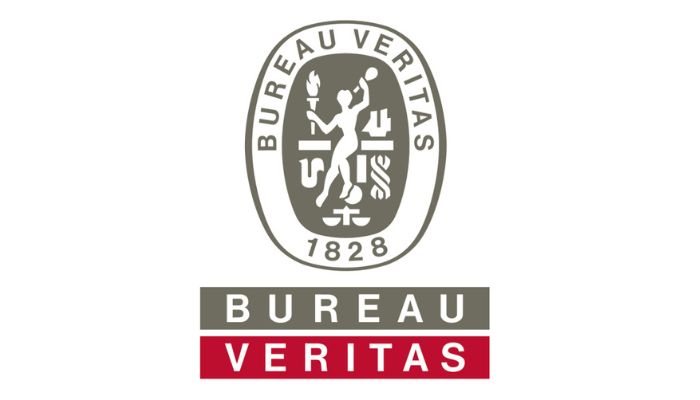
It strives to provide its customers with the support, expertise and knowledge they need to manage and operate their assets efficiently while upholding environmental protection and social responsibility. It lists specific rules for designing and building vessels ranging from different kinds of commercial ships, passenger vessels, workships etc.
Many services are offered, such as the plan approval of the new ship design, technical surveys at the shipyards etc. The experts also directly evaluate the quality of materials and other equipment. They also oversee the ship’s sea trials to ensure that it complies with the designated classification rules of the society. Bureau Veritas regularly updates its rules to support safety and innovation in the maritime industry.
6. China Classification Society
Formed in 1956, the China Classification Society is a non-profit organisation based in Beijing, China. The primary services offered by the society in the marine industry include conducting surveys for classificatory purposes of ships and offshore assets. It also provides services to the Chinese administration and governments of other nations and aims to offer classification services and technical expertise by developing the latest technologies.
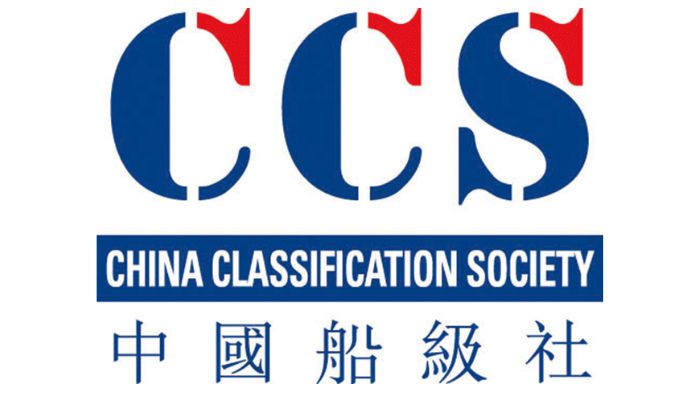
This society is authorised by 58 flagged countries and has a global presence through its branch offices established in more than 129 nations. Apart from providing services to the shipping sector, it also operates in the financial industry, engages in research and technological development regarding marine resources, supervises business projects for clients, renewable energy and reduction of carbon emissions. It occasionally advises the Chinese government on formulating maritime trade policies and constantly expands its scope in new sectors.
7. Korean Register or KR
The Korean Register is a classification society formed in 1960 and is headquartered in Busan, South Korea. It is a non-profitable enterprise that outlines its working agenda as ensuring maritime safety and preserving the marine ecosystem through developing green technologies in the shipbuilding industry.
KR is a part of the International Association of Classification Societies, possessing a fleet comprising more than 2,840 vessels, amounting to 60 million gross registered tonnages. It is authorised by over 65 flag administrations to conduct classification procedures for their ships and offshore structures.
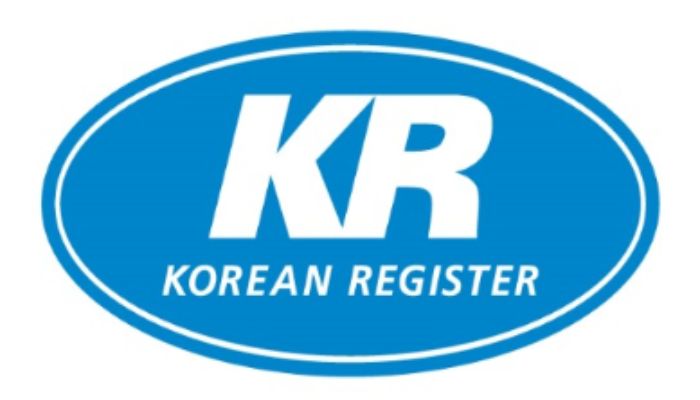
Apart from providing services in Korea, the society has 68 administrative offices worldwide, technical operations in more than 100 nations, and all major port facilities.
While it offers classificatory services, it has a significant presence in the maritime research sector to outline more relevant classificatory regulations and meet the new challenges of the marine industry.
8. RINA
RINA is a classification society formed in 1861 based in Genoa, Italy. It is among the world’s oldest organisations offering ship classification, certification, maintenance and technical services, which provide technological aid to clients in designing, building, managing and surveying ships, cruises, yachts and offshore structures. It outlines its objective to bring significant advancement in the commercial maritime industry by assisting clients to reach more excellent operational standards regarding the safety and productivity of assets.
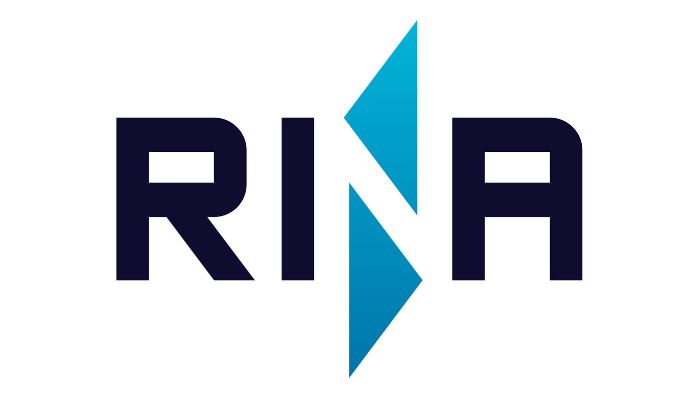
It has about 200 administrative offices operational in 70 nations and a workforce of 4000 experts. RINA has widened its scope of operations to include other sectors, such as the industrial, power and electricity sectors. It focuses on offering green and environmentally sustainable solutions to its clients.
In the marine sector, RINA propagates sustainable technologies focussed on reduced carbon emissions, as reflected in the society’s classification rules. Lastly, the community has been authorised by 116 flag administrations to conduct surveys in their territories.
9. Russian Maritime Register of Shipping or RS
This classification society is linked with ice ships and deals with icebreaking and resistant technologies in the maritime sector. It was formed in 1913 and is authorised by 69 flag administrations. It has been an active part of the International Association of Classification Societies since 1969.
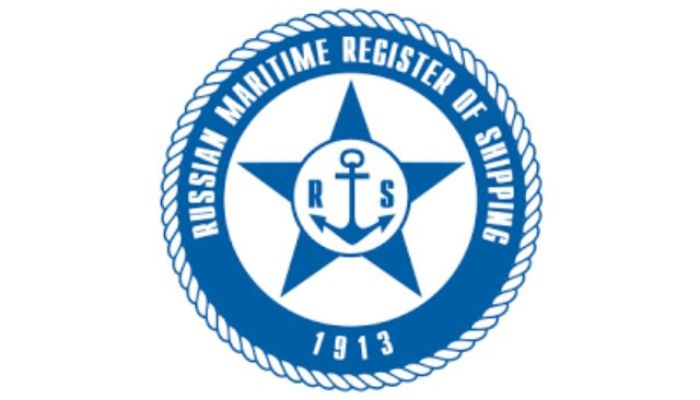
Headquartered in St. Petersburg, Russia, it employs around 1500 officials in more than 100 branch offices worldwide, offering its clients classification services. The society outlines its objective of ensuring the best safety and operational standards at sea and also lays down rules to reduce marine pollution. More than 6000 vessels are certified by this society belonging to 40 different flag nations.
10. Indian Register of Shipping
Indian Register of Shipping, also known as IRClass, is a classification society of international repute and recognition. It is a non-profit and independent organisation formed in 1975 in India and became a part of the International Association of Classification Societies and Croatia’s and Poland’s classification societies.
IRClass offers classification services for marine vessels and offshore structures, enforcing high-class standards and yardsticks for building and maintaining ships and other shipping machinery. It also provides services to the energy sector and the engineering industry.
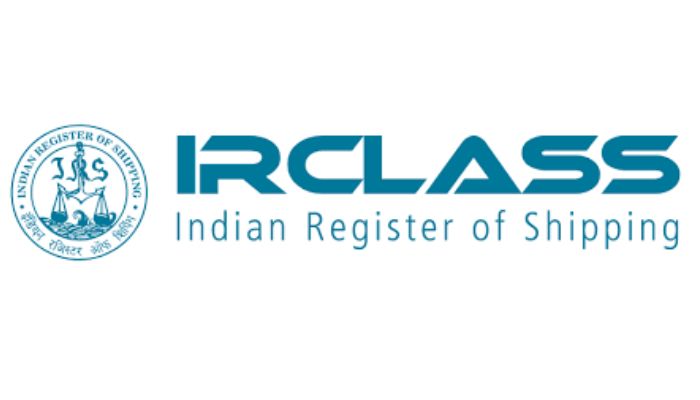
The Society assists the government of India and offers class certificates to the Indian flagship vessels. It has 25 administrative offices spread across Indian coastal cities to provide readily surveying and inspection facilities to all major ports in India. The Society also has many offices in other countries such as Bangladesh, Thailand, South Korea, China, the United States, Britain etc.
You might also like to read-
- The Importance of Classification Societies in the Maritime Industry
- What is International Association of Classification Societies (IACS)?
Disclaimer: The authors’ views expressed in this article do not necessarily reflect the views of Marine Insight. Data and charts, if used in the article, have been sourced from available information and have not been authenticated by any statutory authority. The author and Marine Insight do not claim it to be accurate nor accept any responsibility for the same. The views constitute only the opinions and do not constitute any guidelines or recommendations on any course of action to be followed by the reader.
Do you have info to share with us ? Suggest a correction

About Author
Zahra is an alumna of Miranda House, University of Delhi. She is an avid writer, possessing immaculate research and editing skills. Author of several academic papers, she has also worked as a freelance writer, producing many technical, creative and marketing pieces. A true aesthete at heart, she loves books a little more than anything else.
Latest Maritime law Articles You Would Like:
Latest News
- What is the Purpose of DG Shipping?
- What are Logistics Risks?
- How Port and Terminal Operators Can Control Emissions?
- Minimum Quantity Commitment (MQC) and Liquidated Damages in Container Shipping: Concept and Relevance
- MARPOL (The International Convention for Prevention of Marine Pollution For Ships): The Ultimate Guide
- The Ultimate Shipping Container Dimensions Guide
Subscribe To Our Newsletters
By subscribing, you agree to our Privacy Policy and may receive occasional deal communications; you can unsubscribe anytime.



